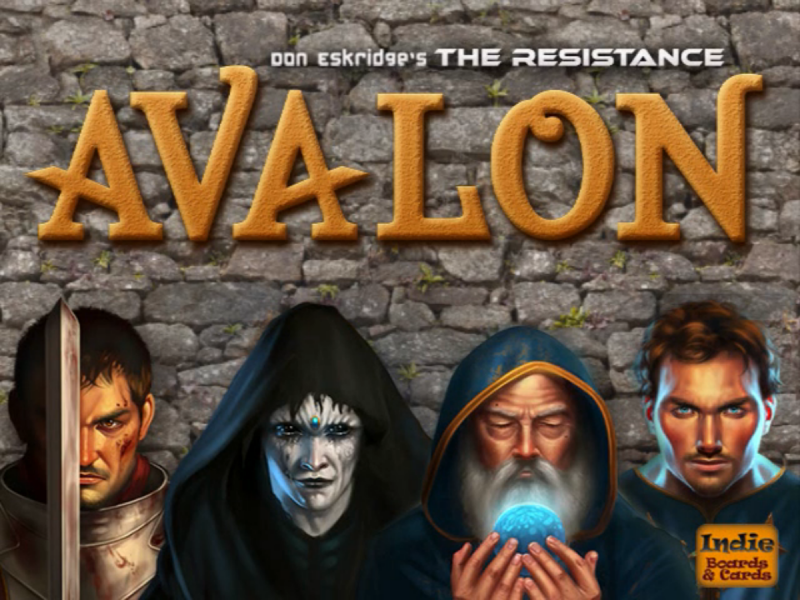
If you’ve thrown polyhedral dice to slay monsters around a table with friends in a role-playing game, chances are you’re familiar with the term “meta-gaming”. It means using knowledge from outside of the game to benefit you or justify a decision. If your character is a pilgrim from the backwoods who’s never seen a city, and you begin talking about Parliamentary political machinations, that’s meta-gaming. It’s normally frowned upon in role-playing games.
Other games, however, find uses for the meta-game that are less obviously detrimental. The Resistance: Avalon is a lunchtime staple at the dayjob office. With six or more people around the table, the roles are shuffled and distributed as folks wrap up their meals. We’ve played a lot of the game, and we’ve come to learn things about one another as a result. “Player X likes to play slowly,” for example, or “Player Y tends to behave a certain way in a certain role.” Knowing this meta-game exists, players can work actively against it, making the game just as much about reading people and deduction of the situation as it is about which player likes to pull a fast one on his buddies on a regular basis.
I’ve certainly played enough of Avalon to give it the full review treatment, but until I do, I’m wondering what other games can benefit from meta-knowledge. Can you think of any examples?



September 12, 2013 at 8:57 am
Magic is the most obvious example, but Hanabi’s metagame is more interesting to discuss (since it hasn’t already been done into the ground): Building play conventions with other players without ever discussing them is amazing and that silent rapport is a big part of improving at Hanabi, as well as enjoying it.